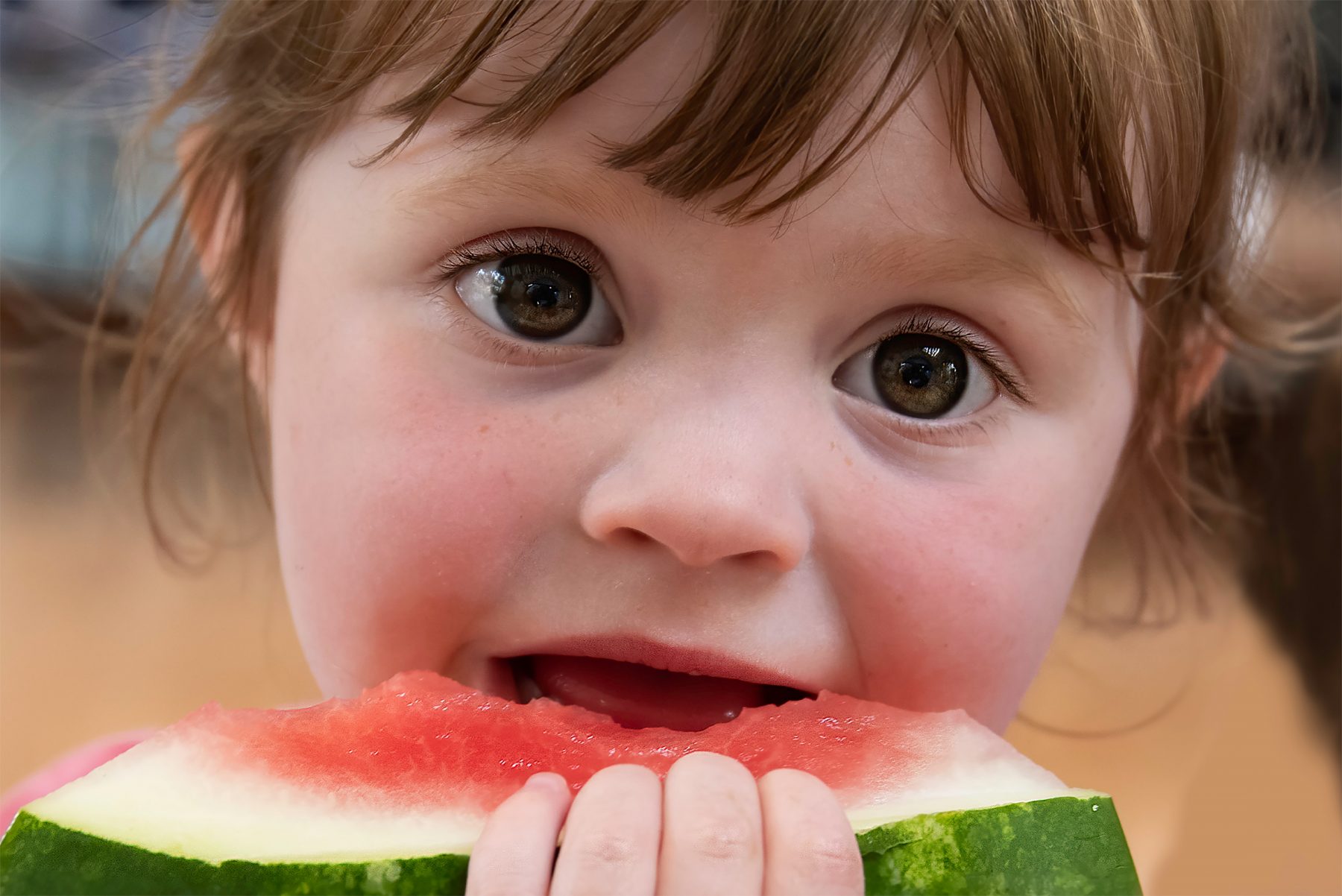For better mental health in children, ensure they eat their fruit and veg, researchers say

Children who eat a nutritionally balanced diet which is “packed” with fruits and vegetables will have better mental wellbeing, researchers from the University of East Anglia have found.
Their work is the first to investigate the association between fruit and vegetable intake, breakfast and lunch choices, and mental wellbeing in children of school age, and shows that children who consumed five or more portions of fruit and vegetables in a day had the highest scores for mental wellbeing.
As a result of their findings, the researchers say that public health strategies and school policies should be developed to ensure that good quality nutrition is available to all children before and during school to optimise mental wellbeing and empower children to fulfil their full potential.
“We know that poor mental wellbeing is a major issue for young people and is likely to have long-term negative consequences,” said Lead researcher Professor Ailsa Welch, from UEA’s Norwich Medical School.
While the links between physical health and nutrition are long established, less is known about whether nutrition plays a part in children’s emotional wellbeing, which was the premise for the researchers to begin their work.
The research team studied data from almost 9,000 children in 50 schools across Norfolk (7,570 secondary and 1,253 primary school children) taken from the Norfolk children and Young People’s Health and wellbeing Survey.
Children involved in the study self-reported their dietary choices and took part in age-appropriate tests of mental wellbeing that covered cheerfulness, relaxation, and having good interpersonal relationships.
“In terms of nutrition, we found that only around a quarter of secondary-school children and 28 per cent of primary-school children reported eating the recommended five-a-day fruits and vegetables. And just under one in ten children were not eating any fruits or vegetables,” Professor Welch said.
“More than one in five secondary school children and one in 10 primary children didn’t eat breakfast. And more than one in 10 secondary school children didn’t eat lunch.”
The team looked at the association between nutritional factors and mental wellbeing and took into account other factors that might have an impact — such as adverse childhood experiences and home situations.
“We found that eating well was associated with better mental wellbeing in children. And that among secondary school children in particular, there was a really strong link between eating a nutritious diet, packed with fruit and vegetables, and having better mental wellbeing,” Dr Richard Hayhoe, also from UEA’s Norwich Medical School said.
The types of breakfasts and lunches consumed was also significantly associated with wellbeing, researchers found.
“Children who ate a traditional breakfast experienced better wellbeing than those who only had a snack or drink. But secondary school children who drank energy drinks for breakfast had particularly low mental wellbeing scores, even lower than for those children consuming no breakfast at all.”
To access the findings in full, please see here.
Popular

Policy
Practice
Provider
Quality
Research
Workforce
Beyond the headlines: celebrating educators and the power of positive relationships in early learning
2025-07-07 10:00:24
by Fiona Alston

Workforce
Policy
Quality
Practice
Provider
Research
ECEC must change now, our children can’t wait for another inquiry
2025-07-02 07:47:14
by Fiona Alston

Workforce
Quality
Practice
Provider
Research
Beyond the finish line: Championing child protection one marathon at a time
2025-07-08 09:15:32
by Fiona Alston













